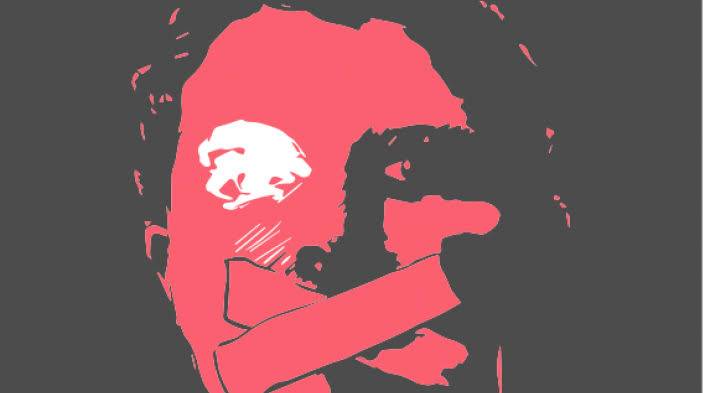At the end of September, news started circulating that Federal Investigation Agency (FIA) is launching an FIR against 49 journalists in Islamabad. The reports stated that the cases are registered under Prevention of Electronic Crimes Act’s Article 37, which deals with ‘unlawful online content’. The journalists took this news very seriously, as days before an FIR was registered against Asad Toor for posting “negative propaganda against the state, Pakistani institutions and the Pakistan Army".
The media reports suggested the names like Murtaza Solangi, Ammar Masood, Umer Cheema and Azaz Syed are included in the ‘list’ of journalists. The reports further claimed that FIA sources have confirmed that development, but didn’t reveal the name of journalists. However, they stated that mostly social media activists are included in the list.
Condemning the news, Pakistan Federal Union of Journalists (PFUJ) expressed serious concerns. President PFUJ Shahzada Zulfiqar and Secretary General Nasir Zaidi asked the government to immediately withdraw these cases. “Otherwise, there will be a countrywide protest against such brutal and ill conceived fictitious charges,” he said.
The head of PFUJ urged Supreme Court, international community and Amnesty International to take immediate notice of worst working conditions for journalists and media in Pakistan. However, Minister for Human Rights Shireen Mazari rejected the reports. She stated that a private citizen had sent complaint to FIA against around 12 journalists. “FIR is investigating the complaint, but no FIR has been registered,” she said. The minister was responding to the Human Rights Commission, which said it is “alarmed” over this news.
Meanwhile, South Asia Amnesty International also condemned the act, stating that: “Intimidating journalists through the draconian Pakistan Electronic Crimes Act is the latest and most brazen attack on freedom of expression in the country. Reacting to this, Federal Minister for Science and Minister Fawad Chaudhry said, “Those who raised hue and cry without confirmation must now apologise to the government and the nation.”
By the look of it, the FIA didn’t take any action against the journalists. However, the fear expressed by journalists’ bodies is not to be ignored. In the last few years, the media freedom has been facing a crackdown in Pakistan. There are number of cases, where the journalists have been targeted by the state, or the news websites banned in last few years. The curbs on press freedom are proved by Pakistan’s Press Freedom Index 2020, where the country has dropped to 145 from 142 last year. This shows that over the past year, threats against journalists have increased.
Observers say this ‘strong grip’ against media doesn’t stop at the print or electronic media, and it has spread to social media. The latest case of country’s increasingly strict cybercrimes law was the ban on TikTok. The app, immensely popular among the youth, was the mean of entertainment for millions, including the poor. In a statement, Pakistan Telecommunication Authority (PTA) said that ban has been imposed, “in view of number of complaints from different segments of the society against immoral/indecent content on the video sharing application TikTok.” Critics say that although the ‘objectionable’ content in stage dramas and Pakistani films continues, yet, the authority took the step against this app. The ban was overturned on Monday, but conditions over ‘immodesty’ remain.
In another sign of increasing issues against social media, the Lahore High Court raised the question on “YouTube channels being created without proper mechanism.” During the hearing of a case on non-removal of objectional content from social media, the court expressed agitation over channels being launched across the country. “Under which law are YouTube channels running and who monitors the content [on the video-sharing platform]?” the court asked.
Experts note that the clampdown on media and social media is not new in Pakistan. Almost every government has either stopped the airing of content against the rulers, and has bannedsocial media sites including YouTube.
Observers believe that the major reason behind this is the fear over sentiments of the masses, believing that many are ready to take offence rather quickly, which results in a ban on anything contentious.
Experts note that educating the society about the freedom of speech is essential, because if people will not protest against such steps by the state, progress will be difficult. They reiterate that the people should be broadminded and take steps for freedom of speech.






